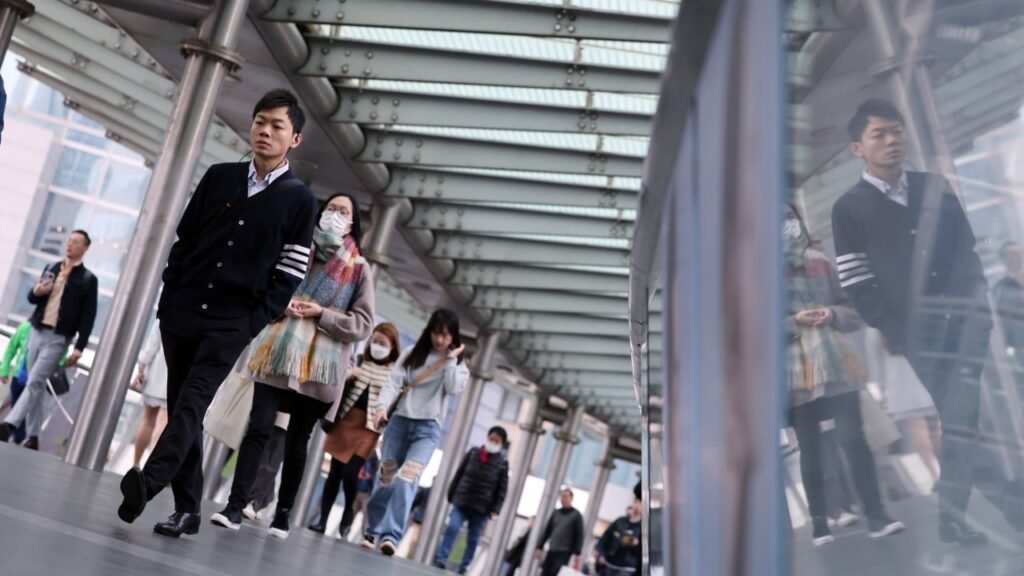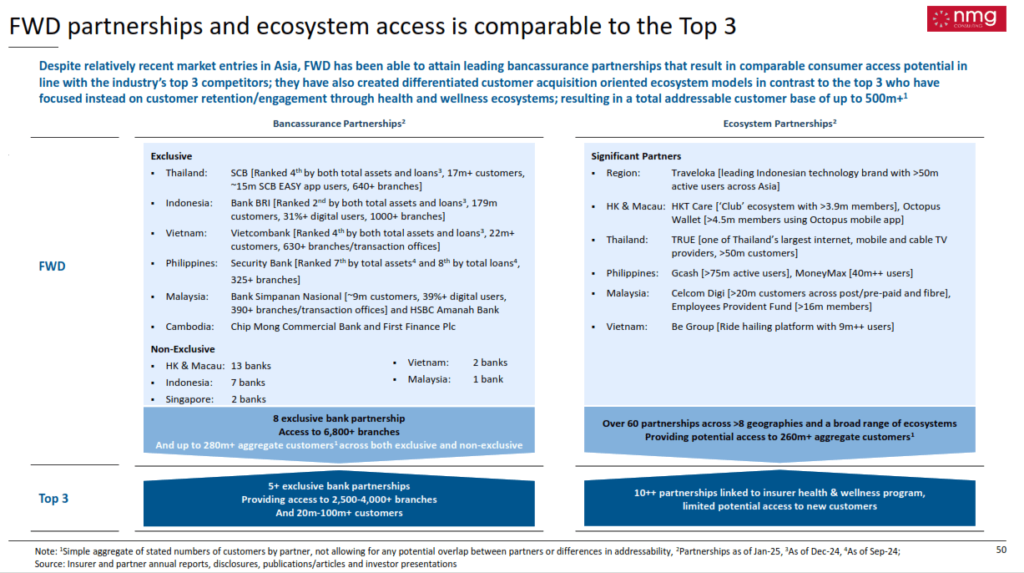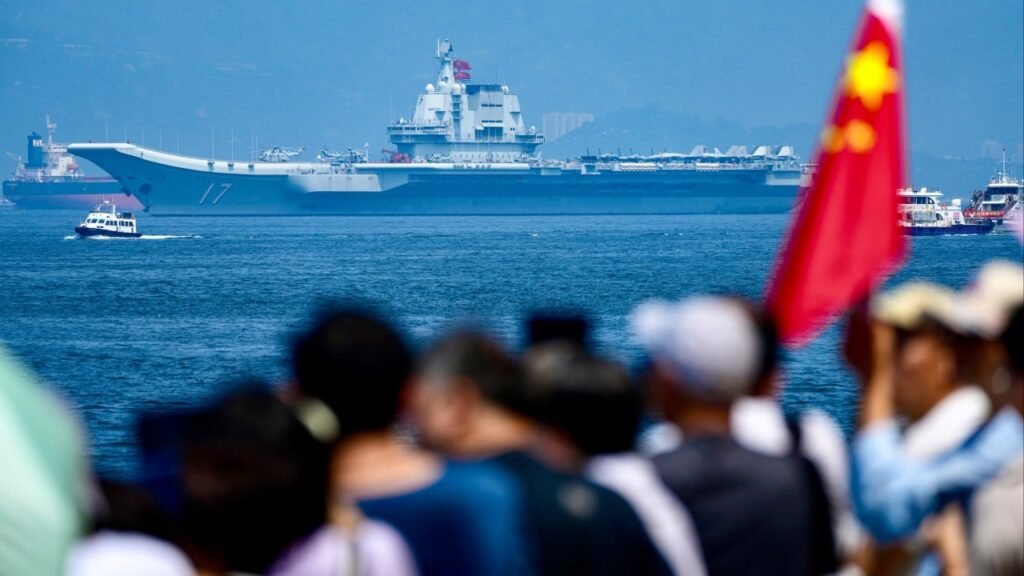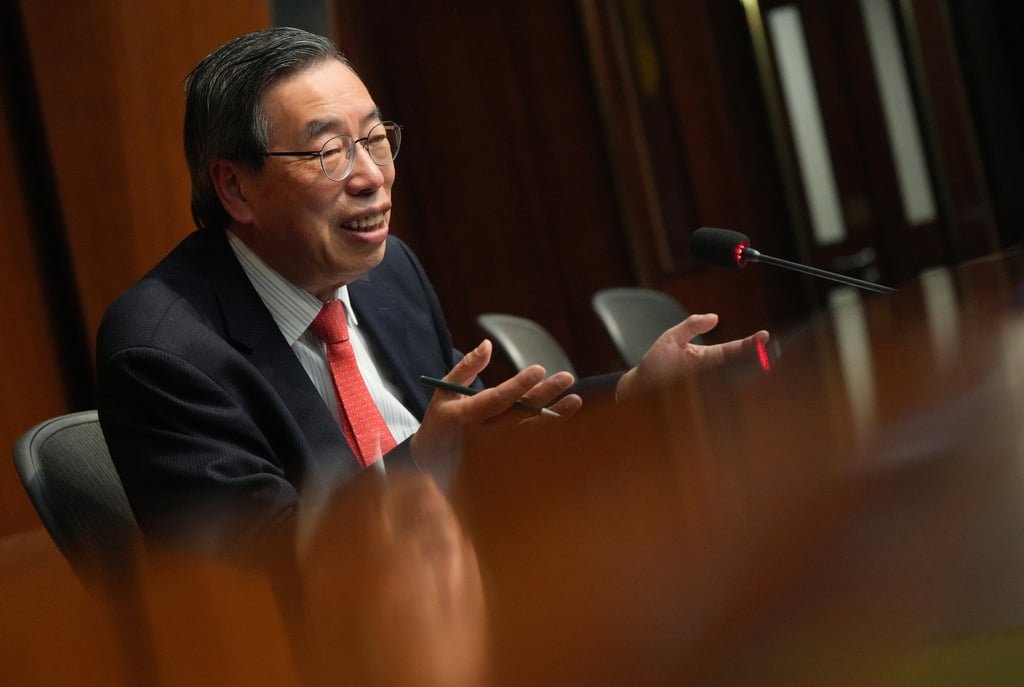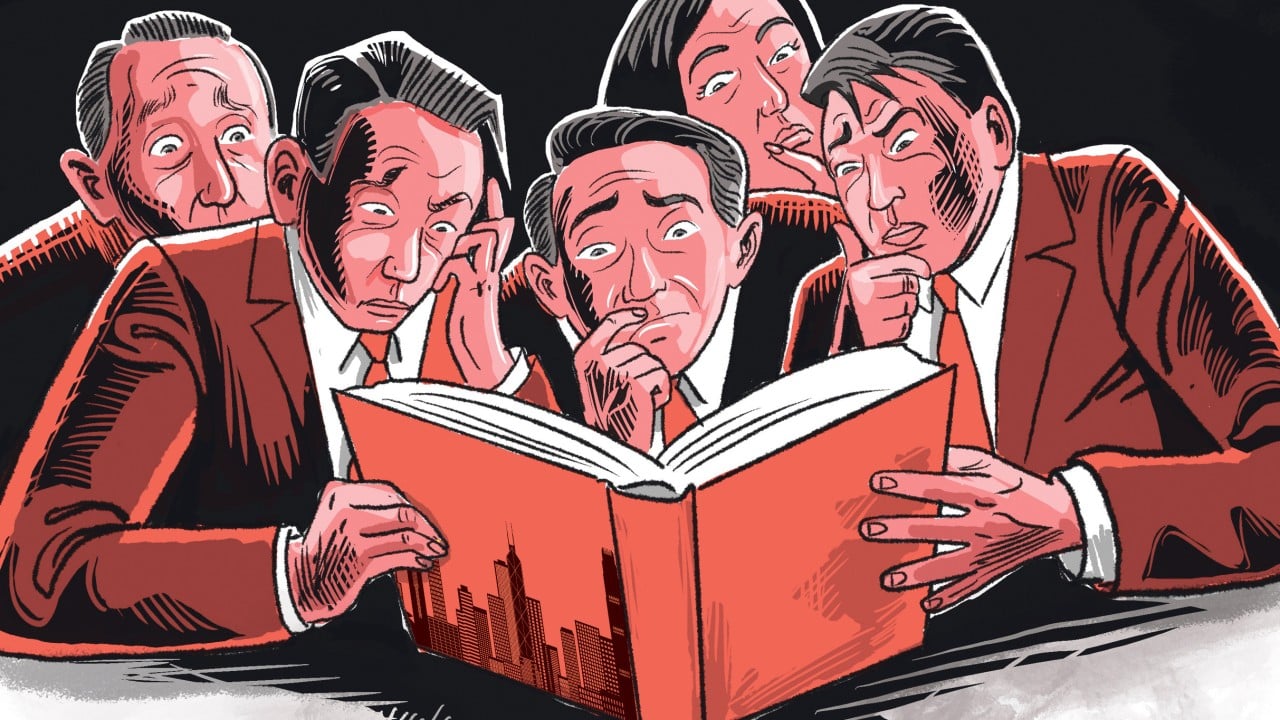
The metaphor applies both ways: for many Hong Kong residents, the intricacies of Chinese politics have proven to be just as challenging to interpret. Fully appreciating this dynamic in cross-border relations is essential to understanding what has gone awry in Hong Kong and to contemplating its future.
We can lay to rest an enduring myth from the early years: that physical proximity, coupled with the daily flow of people, goods and investment, would naturally foster deeper understanding between Hong Kong and the mainland. This assumption presumes that Hong Kong residents should possess a sophisticated grasp of Chinese politics, while Beijing should, in turn, appreciate Hong Kong’s unique cultural and economic identity.
The years have shown that reality is far more complex. Mutual understanding has arguably not deepened. If anything, misunderstandings, misjudgments and missteps by both sides have further complicated the relationship.

